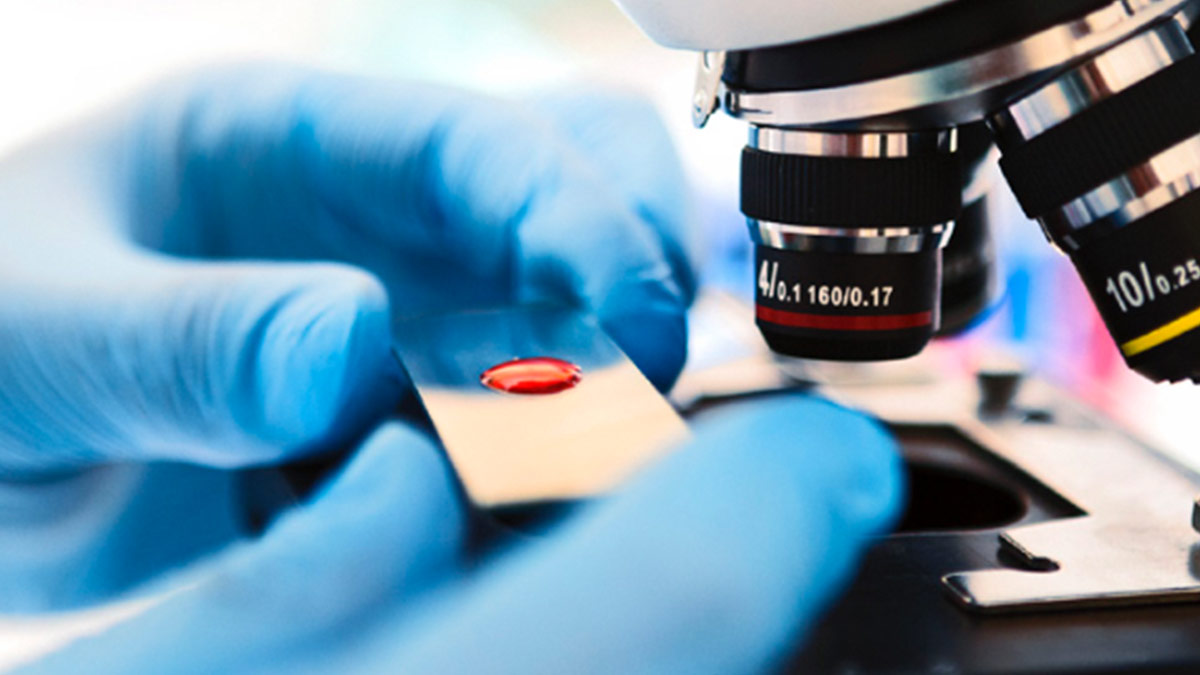A blood test that can identify which patients will respond to breast cancer therapies has been developed by scientists at Dublin City University (DCU), and could inform better decisions on patient treatments.
“If doctors know in advance that a patient will not respond well to a first-choice therapy, they would have the option of putting that patient on a different treatment to improve their chances of responding,” said Dr Denis Collins, Principal Investigator for the Cancer Biotherapeutics Research Group at the National Institute for Cellular Biotechnology at DCU, whose team carried out the work.
The test, which is reported in the British Journal of Cancer, has been developed from a nationwide clinical trial (ICORG10-05) among patients in 11 Irish hospitals led by oncologist Professor John Crown involving women with early-stage HER2 positive breast cancer, which accounts for between 15% and 20% of all breast cancer and affects about 500 Irish women each year.
“Or if no other treatments are approved, the patient could be enrolled in a trial of a new therapy,” Dr Collins added.
HER2-positive breast cancer needs HER2 to grow, and drugs have been developed that target HER2 to stop the cancer from growing. The trial tested the chemotherapy drugs carboplatin and Taxotere, and the HER2- targeting therapies Herceptin and Tyverb.
Blood samples were taken from patients before and after treatment and sent to DCU for processing.
Dr Nicola Gaynor, the Caroline Foundation Research Fellow and a member of Dr Collins’s Cancer Biotherapeutics Research Group, led the work on the collected samples, collaborating with scientists in DCU, UCD, TCD, and RCSI. The team was looking for changes in the activity and composition of anti-cancer immune cells in the blood due to treatment and also for any differences between patients who had no cancer remaining after treatment and those that did have cancer left.
The blood test uses the patient’s white blood cells and the anti-PD-1 drug Keytruda to identify patients who would not respond well to therapy.
“While further samples and studies are required to confirm the preliminary findings in this paper, these results could form the basis of a future blood test to help doctors make better decisions on treatment strategies for cancer patients. We are actively seeking collaborators to further develop this test for patient use,” said Dr Collins. “These kinds of national cancer trials in Ireland are essential to ensure access to cutting-edge drugs for Irish cancer patients and provide samples for scientists to find new tests and treatments to improve patient outcomes in the future.”







